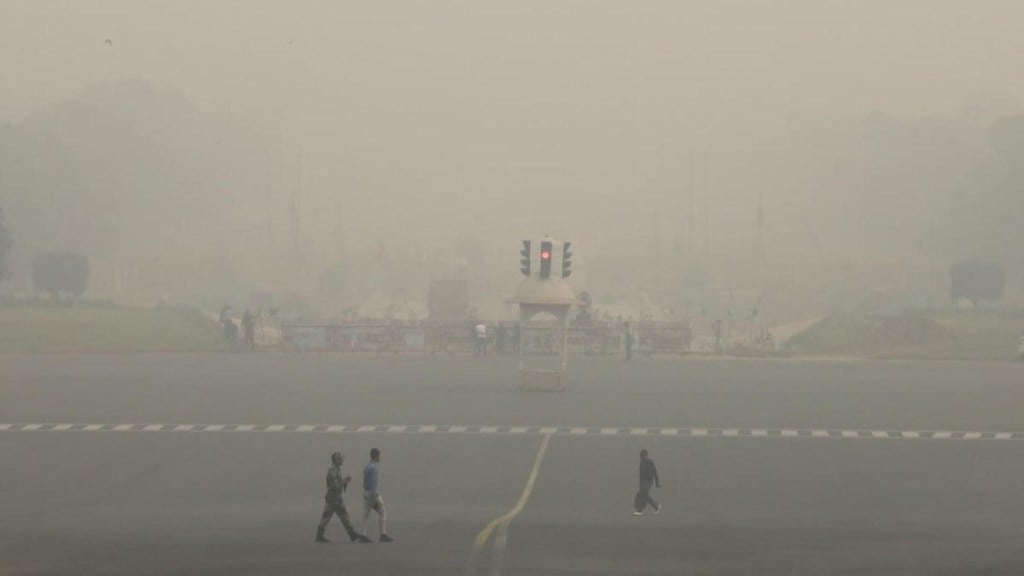The Supreme Court on Monday urged the Commission for Air Quality Management (CAQM) to consider resuming physical classes in schools and colleges in Delhi-NCR. A bench of Justices Abhay S Oka and Augustine George Masih highlighted the challenges faced by students and noted that many lacked access to mid-day meals and adequate infrastructure for online education.
The court also observed that most children did not have air purifiers at home, questioning whether staying indoors truly protected them from poor air quality. Despite this, the bench refused to relax GRAP-4 restrictions, and noted that a sustained improvement in AQI levels was necessary to reduce curbs to GRAP-3 or GRAP-2.
Acknowledging the hardships faced by labourers and daily wage earners due to the ongoing construction ban under GRAP-4, the court directed state governments to utilize labour cess funds to provide subsistence support.
GRAP-4 restrictions, which prohibit entry of non-essential goods trucks into the capital, were implemented after AQI levels in Delhi-NCR plunged to the “severe plus” category. First introduced in 2017, the Graded Response Action Plan prescribes graded measures to combat air pollution based on its severity.
The decision comes as Delhi-NCR residents continue grappling with hazardous air quality and the impact of stringent anti-pollution measures.

